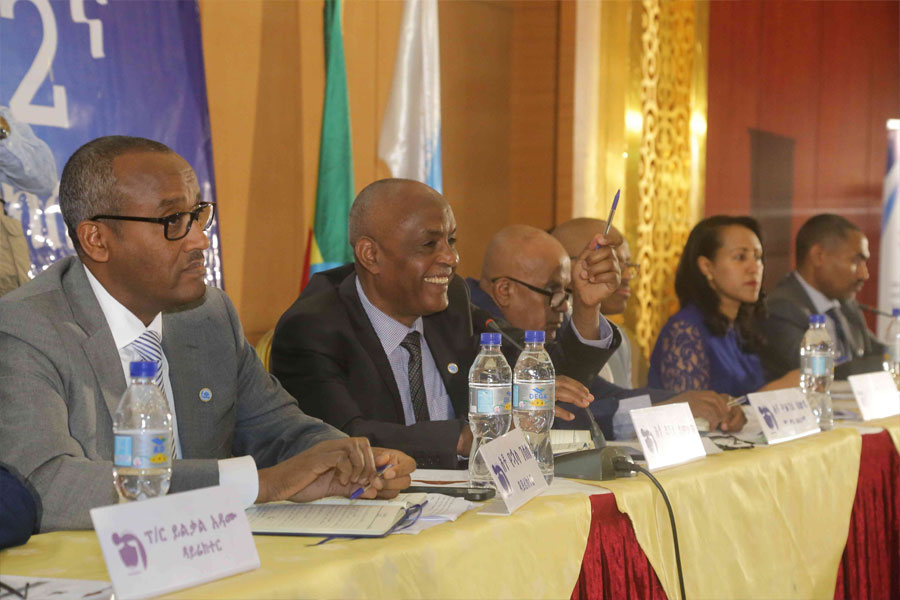
News Analysis | May 06,2023
It seemed only a matter of time before Joe Biden caved in to step aside from the November 2024 presidential race. The pressure had mounted with publicly raging discourses. On a personal level, I believe he wanted to continue his legacy for another four-year term. However, recent lapses during his public appearances were hard to ignore as they negatively swayed the voters and his party about his capability to perform.
For me, the situation proved to be a textbook case of “difficult choice”.
Making decisions involves advantages, disadvantages, and unknowns. No one can predict the future. It is even more difficult when decisions are mandatory with due dates and substantial stakes.
The race's dynamics changed when Biden gave in to the pressure, altering campaign strategies on both the Democrat and Republican sides. It opened opportunities for others, like Kamala Harris, to be considered as contenders against Donald Trump. Similarly, the failed assassination attempt on Trump could have resulted in a different Republican candidate, leading to an unexpected race.
We all face decisions in life, from selecting a life partner or career to choosing goods and services. Choices usually lead to unpredictable outcomes. Some are voluntary, while others are imposed by circumstances. Choices made out of necessity differ in weight and leverage from those made out of desire. Purchasing a house or car is less desperate than choosing a hospital for medical care.
Recently, I faced a difficult decision between two medical service facilities, complicated by limited and conflicting information. The amount of data can either deter or enable decision-making. Scanty details call for more clarification and decision delays, while too much information can be overwhelming. In my case, both occurred, leading to confusion and frequent changes in direction. This affected my focus and made it hard to decide.
Advice from friends and family further complicated my decision. While well-meaning, varied opinions and new options made it difficult to reconcile the information. Eventually, I realised the importance of analysing and filtering advice to improve decision quality. My challenges were due not only to the data but also to my inability to process the information effectively.
Ultimately, the pressure of choosing among many options became as difficult as the problem itself. I almost relied on gut feeling, which is warned against, with many experts advocating instead for informed decision-making.
Critical thinking and information clarity are crucial for making sound decisions.
I read that we usually face decision fatigue, where the quality of decisions deteriorates after prolonged decision-making. It is better to focus on critical items and summarise information. I nearly made a hasty decision based on gut feeling but was persuaded to seek further advice. Consulting a medical professional clarified my doubts and led to the best option. However, outcomes may not always align with our wishes.
Effective decision-making generally follows seven steps: identifying the decision, gathering relevant information, seeking alternatives, weighing evidence, choosing among options, taking action, and reviewing consequences. Skipping steps can lead to mistakes realised only in hindsight. Rationalising bad decisions can be prospective (before making them) or retrospective (after the fact).
Some decisions extend beyond the individual to societal concerns. For instance, the debate over a mother's rights against an unborn child's rights is a perennial issue, dividing Pro-Life and Pro-Choice advocates. Both sides present strong opposing arguments that exemplify how decisions can have broad and lasting implications, influenced by moral and religious views.
On the other hand, too many good options can also hinder decision-making. Abundance can be as challenging as scarcity. At the end of the day, we must make a choice, balancing our desires with practical impossibilities.
We live in an era characterised by relentless pressure to be constantly doing, achieving, and consuming. This pervasive culture of busyness compels us to make decisions about things we may not truly need or desire.
Is it worth it?
It is crucial to question the need to choose at all. Sometimes, we are pressured into decisions that are not necessary. The Dutch concept of “Niksen,” meaning “doing nothing,” suggests that occasional idleness can boost creativity and problem-solving.
Initially dismissed as laziness, Niksen is gaining recognition as a valuable tool for mental rejuvenation. Research suggests that periods of idleness can boost creativity and problem-solving abilities by allowing the mind to wander and make unexpected connections. However, it is important to strike a balance. Excessive idleness can be counterproductive, and it is essential to integrate Niksen into a structured routine.
Moderation is key, as too much idleness can be detrimental.
Life continually presents choices, requiring us to decide with limited resources and time. Avoiding rushed decisions while not procrastinating is vital. We must make informed decisions, accepting that no choice can be perfect due to our limitations and constraints.
PUBLISHED ON
Aug 03,2024 [ VOL
25 , NO
1266]


News Analysis | May 06,2023
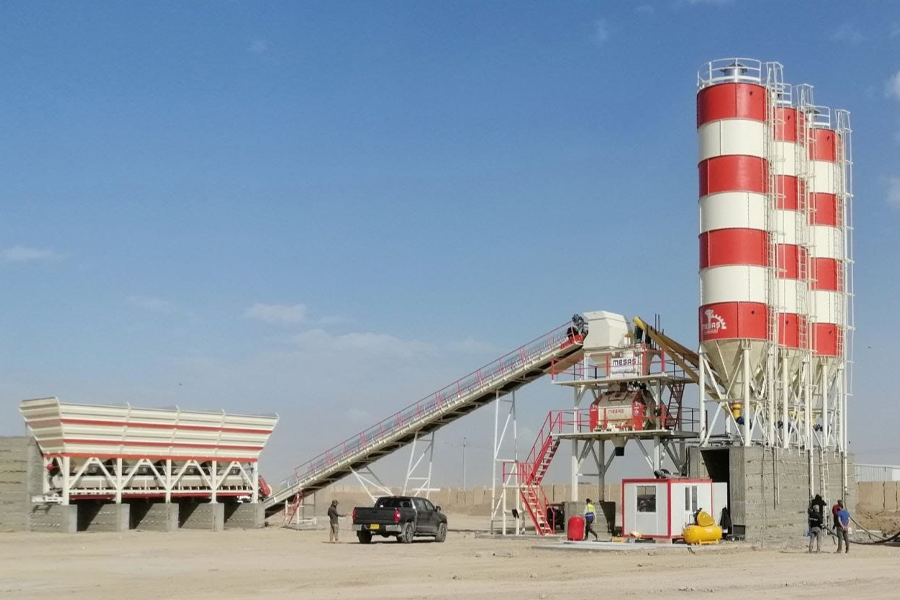
Radar | Nov 03,2024

Fortune News | Aug 07,2021

Radar | Nov 16,2019

Viewpoints | Aug 05,2023
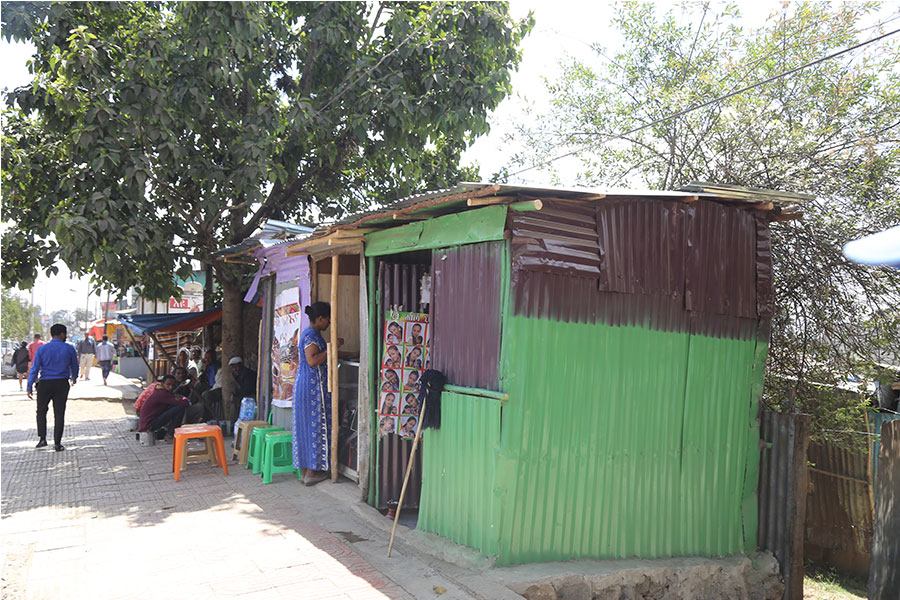
Agenda | Feb 16,2019

My Opinion | Jul 27,2024
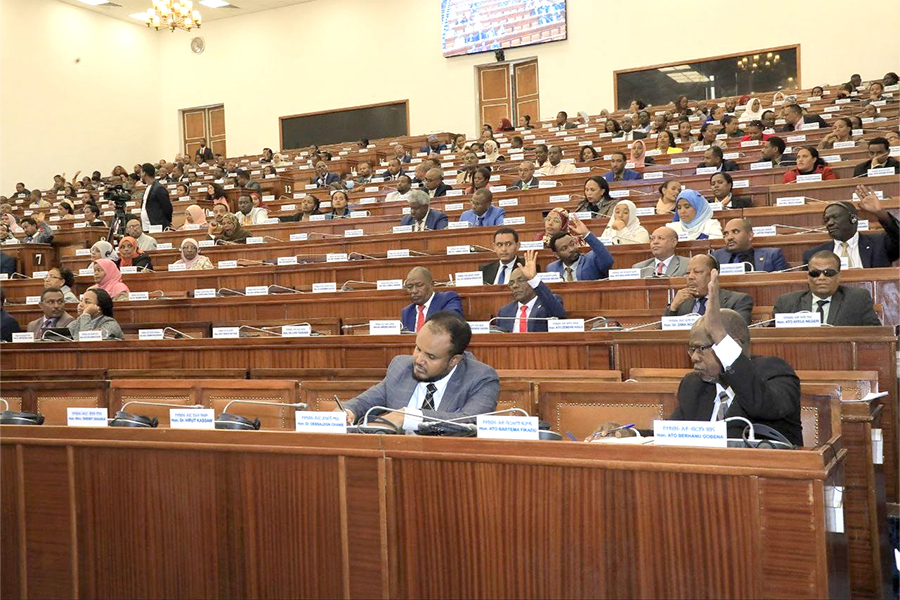
Fortune News | Jul 19,2025

My Opinion | May 23,2021
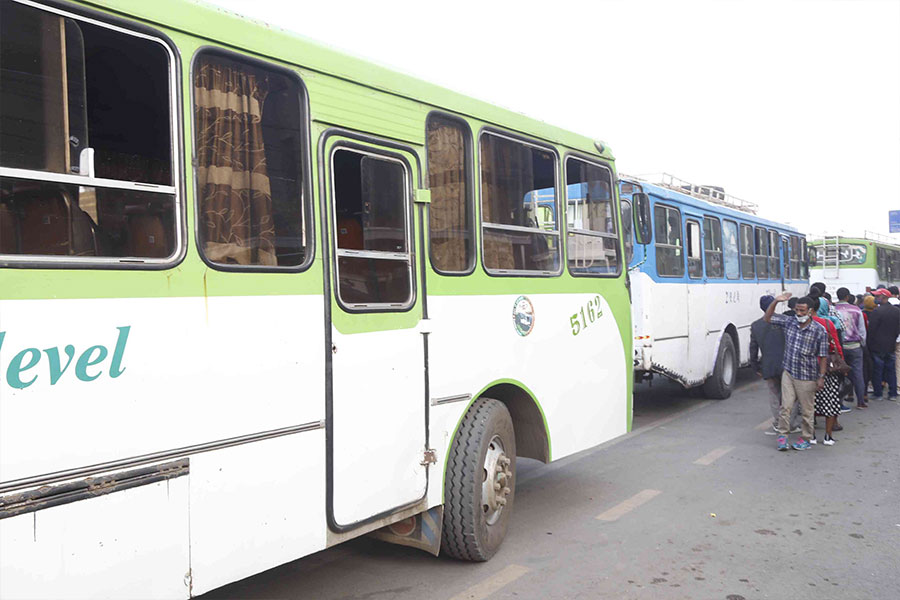
Fortune News | Jul 17,2022

Dec 22 , 2024 . By TIZITA SHEWAFERAW
Charged with transforming colossal state-owned enterprises into modern and competitiv...

Aug 18 , 2024 . By AKSAH ITALO
Although predictable Yonas Zerihun's job in the ride-hailing service is not immune to...

Jul 28 , 2024 . By TIZITA SHEWAFERAW
Unhabitual, perhaps too many, Samuel Gebreyohannes, 38, used to occasionally enjoy a couple of beers at breakfast. However, he recently swit...

Jul 13 , 2024 . By AKSAH ITALO
Investors who rely on tractors, trucks, and field vehicles for commuting, transporting commodities, and f...

Oct 25 , 2025
The regulatory machinery is on overdrive. In only two years, no fewer than 35 new pro...

Oct 18 , 2025
The political establishment, notably the ruling party and its top brass, has become p...

Oct 11 , 2025
Ladislas Farago, a roving Associated Press (AP) correspondent, arrived in Ethiopia in...

Oct 4 , 2025
Eyob Tekalegn (PhD) had been in the Governor's chair for only weeks when, on Septembe...